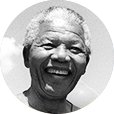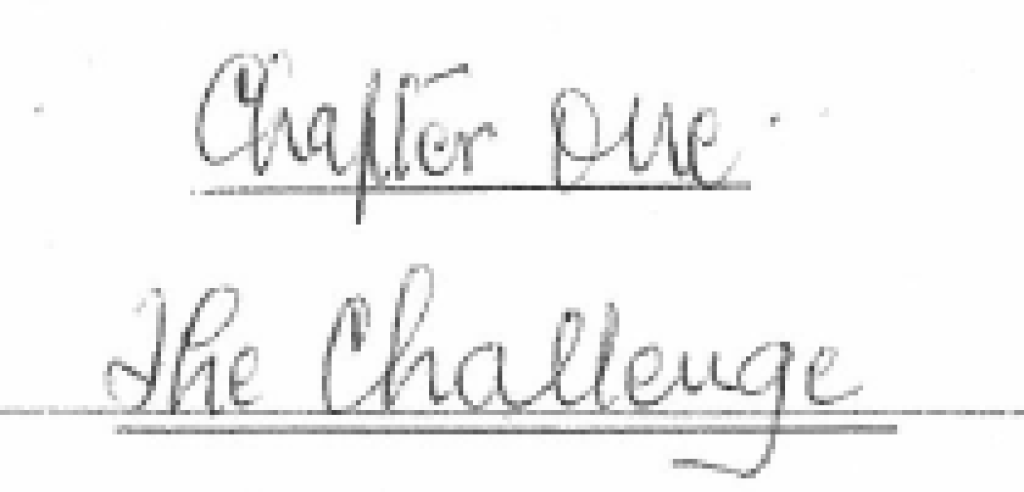
All these considerations [regarding collective leadership], as important as they may be, should never be allowed to undermine our democratic Constitution which guarantees unqualified citizenship rights to all South Africans, irrespective of the ethnic group to which they belong. It has a bill of rights to which a citizen can rely if any of his or her rights are threatened or violated. All of us, without exception, are called upon to respect that Constitution.
There are statutory bodies manned by strong and well qualified public figures who are totally Independent of the government. They ensure that the Constitution and its provisions are respected by all citizens, irrespective of their position in government or society.
They are the Public Protector, National Director of Public Prosecutions, The Auditor-General, The Human Rights Commission, The Truth and Reconciliation Commission and the Constitutional Court.
Constitutionalism and rule of law were principles deeply embedded in the vision that Nelson Mandela and the ANC at large had of the future, even though not formally codified until the negotiations of the 1990s.
To go back to Mandela’s evidence in the Treason Trial and Rivonia Trial; and to revisit the ANC’s debates about adopting defiance and armed struggle, is to hear the implicit affirmation of the importance of a constitution as the basic law of a society and the principle that the legitimacy of a constitution, and the legal system as a whole, depends on their being just, non-racial, equitable; the product of popular participation; and on all being equal before the. This is captured succinctly in the content and genesis of the Freedom Charter, drawn up on the basis of popular demands collected from communities across the country and adopted in 1955 by the Congress of the People and then by the ANC
It was not a merely theoretical stance. In contrast to what happened in struggles for freedom in many other countries, the South African liberation movement made the law a terrain of struggle – defending leaders, members and activists in the courts – and in so doing affirming and keeping alive the ideal of a just legal system. In effect it meant turning the tables on the state, as Mandela and the other accused did in the Rivonia trial:
The prosecution expected us to try to avoid responsibility for our actions. However we became the accusers, and right at the start, when asked to plead we said that it was the Government that was responsible for the state of affairs in the country and that it was the Government that should be in the dock. We maintained this position throughout the trial in our evidence and in the cross examination of witnesses.247

This tradition and the bitter experience of a sovereign apartheid parliament which gave a false veneer of legality to racism, oppression, dispossession and torture helped ensure that the new constitution adopted by the elected Constitutional Assembly on 8 May 1996 established democratic South Africa as a constitutional state, subject to the rule of law. The adoption of a constitution that requires all law to be in harmony with its provisions, principles and values was a sharp departure from South Africa’s legal order.
